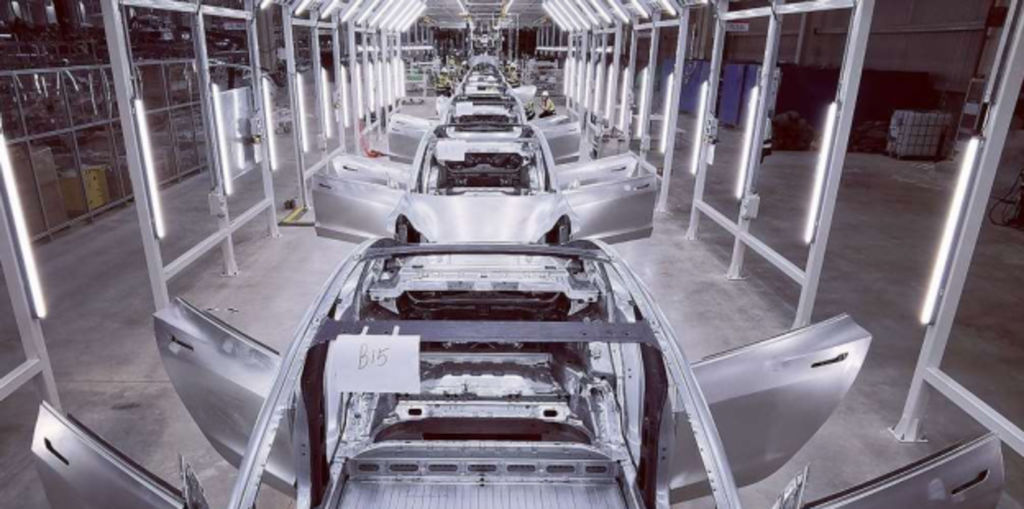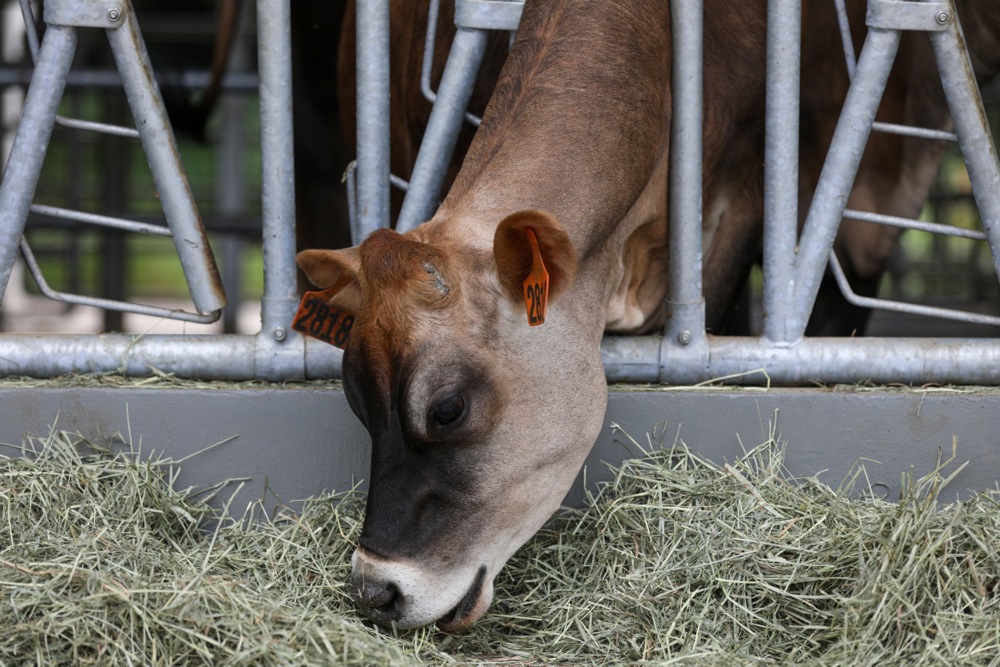A Chinese electric vehicle (EV) manufacturer and partner of Germany’s Volkswagen has said it was looking to produce cars in the European Union to bypass new import tariffs imposed by Brussels.
CEO of the firm Xpeng, He Xiaopeng, told Bloomberg on August 27 it was searching for a location to build a new factory, preferably with “relatively low labour risks”.
Alongside a factory, the manufacturer said it would also need a large-scale data centre for its smart vehicles, as efficient software collection becomes crucial for EVs’ intelligent driving features.
The potential move would come after the EU slapped new tariffs on EVs from China ranging from 17 per cent to 36.3 per cent, on top of the existing 10 per cent.
Xpeng, the Chinese partner of Volkswagen, is facing an extra tariff of 21.3 per cent for exporting EVs to the EU.
The Chinese firm has faced challenges with sluggish domestic sales, product planning conflicts and an ongoing price war in the Chinese market. Since January, its share price has plummeted by more than 50 per cent.
Brussels has accused China of unfair EV subsidies and flooding European markets with the vehicles, hurting the European market and creating what it has called unfair competition.
Xpeng is not alone. Other Chinese automakers are expanding their European presence to maintain competitive pricing and avoid tariffs.
BYD, for eample, is setting up regional facilities in Uzbekistan, Hungary and Turkey, while its domestic rival Chery plans to start EV production in Spain as soon as the fourth quarter of 2024. That would allow both companies to strengthen their foothold in the European market.
Leapmotor will create its EVs in Poland, in a factory owned by Dutch-based firm Stellantis, while Volvo cars, which is owned by the Chinese Geely, will build its EVs in Belgium.
It is unclear how many jobs these new production facilities might generate.
In June, the Italian Competition Authority fined DR Automobiles €6 million for falsely marketing Chinese-made vehicles, including those from Chery, as Italian products.
DR Automobiles contested the decision, announcing plans to appeal. The company said it had never claimed its vehicles were completely made in Italy.
Xpeng said it aimed to sell 1 million cars per year, with AI support, over the next decade.
“During that period, the human driver might only touch the steering wheel once a day on average during their daily commute. Starting in 2025, companies will begin bringing such products to market, and Xpeng will certainly be among them,” the firm said.
Currently, Chinese EVs account for less than 10 per cent of the European market, but Chinese manufacturers hope to expand.
Canadian Prime Minister Justin Trudeau has announced that Canada will impose a 100 per cent tariff on the import of Chinese electric vehicles. https://t.co/LcVCo5MpuE
— Brussels Signal (@brusselssignal) August 27, 2024





